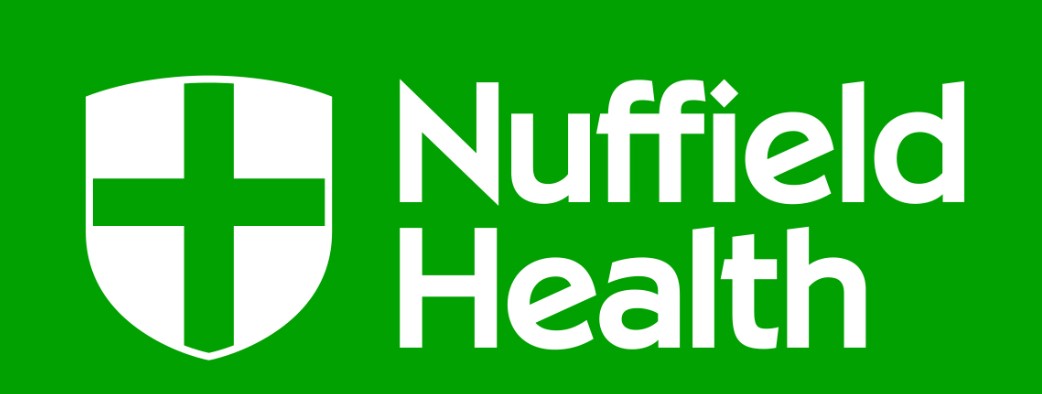From ‘Just treatment’ website
The new Labour government has inherited a broken National Health Service, after 14 years of Conservative cuts, underfunding and outsourcing. There are now over 7.5 million on the waiting list, more than 100,000 full-time staff vacancies, and hundreds of patients dying each week due to delays in urgent care. As patients, we are in no doubt – the NHS is in crisis.
The key question now is – how will this crisis be solved?
Well, the new Health Secretary Wes Streeting, claims that the answer lies with the private sector. In the months leading up to the General Election, Streeting said that Labour would “‘hold the door open” for the private sector in the NHS, pledging that if elected they would use “spare capacity” in the sector to cut the NHS waiting lists.
So let’s interrogate this claim.
A fundamental starting point is acknowledging that the top priority of private health providers is the desire to maximise profits for bosses and shareholders. That means they never have a patient’s care as their sole priority, they’re always thinking about pleasing the money men too. As a result, their model is based on taking on as many “low-risk” contracts as they can – ie the simplest and cheapest patient cases.
In these specific areas, it’s true the private sector can rapidly increase capacity when guaranteed an income stream by the NHS. But this is something the NHS can do too with the right funding and support. This also builds long term sustainable growth in the NHS’ capacity. Instead, only using the private sector to fix long waiting lists results in a downward spiral, where the NHS becomes more and more reliant on the private sector.
At the same time, private providers are actively rejecting patients with more complex and therefore resource-draining needs. This “cherry picking” can even happen in the middle of a patient’s treatment. Private providers might take on a case that presents as simple to start with, which then throws up unexpected complications, eg at the recovery or aftercare stage, at which point the patient may well be sent back to the care of the NHS.
Dangerous impact of privatisation on eye care
All of this means that our struggling public health service is left to deal with a disproportionately complex patient cohort, with fewer resources.
We have seen the dangerous impacts of this trend in the arena of eye care. Hundreds of thousands more NHS patients a year are having cataracts removed in England, yet NHS hospitals are providing about 20% fewer cataract operations than they did five years ago. This boom is in fact being driven by the private sector, with NHS trusts outsourcing nearly 60% of cataract surgeries.
Yet recent polling found that the vast majority of eye doctors believe this increased outsourcing of cataract operations to private clinics has negatively affected their NHS departments, which receive less funding as a result, and are therefore worse equipped to deal with more complex patient cases.
What’s more, Streeting’s continued and deliberate use of the term “spare capacity” also paints the image of an army of unoccupied health workers just sitting around waiting to be deployed. This could not be further from reality.
The private sector does not train and recruit its own workforce – it relies on NHS-trained health workers to deliver its services. So at a time when the NHS is facing critical staffing shortages all across the country, private providers are in fact draining staffing capacity away from our public health service.
And the reason many health workers seek out private sector work? Because more than a decade of shrinking real-terms NHS wages means that many NHS staff feel the need to increase their income by other means. This is why delivering pay restoration and improving workers’ conditions are so vital to safeguarding the future of our public health service.
We also know that private sector delivery of care is commonly more expensive than when the NHS does it itself. It means our taxes intended to fund better healthcare, going out the door of the NHS and into the pockets of shareholders and private healthcare corporation execs.
Private sector does not provide A&E
It must also be noted that the private sector does not provide accident and emergency care, which is an area where the NHS crisis is often felt most sharply. Under-resourcing and under-staffing in hospitals, coupled with increasing demand and a broken social care system, means that patients are facing huge delays to urgent care. These delays are costing the lives of hundreds of people every single week.
Finally, the issue that is perhaps most important in all of this…when NHS services are privatised patients suffer, with Oxford University research showing that increased outsourcing of care results in more people dying avoidable deaths.
So, will the new government listen to these concerns?
Well, Streeting has so far tried to paint NHS patients and staff opposed to privatisation as “middle-class lefties” driven purely by ideology. But in truth, the only ideologues are those continually pushing a privatisation agenda despite all the evidence of the dangers it poses to patients and the NHS.
We simply want real solutions to the crisis facing our NHS. We want to save lives. We want to retain health workers. We want a health system that prioritises patients’ interests over corporate profits.
As long as increased investment in NHS services is denied, and the private sector is given an ever-growing role, our public health service is at risk. It’s time for Labour to face the truth about privatisation and listen to the demands of patients and health workers.
Republished from ‘justtreatment.org’, the original here.



